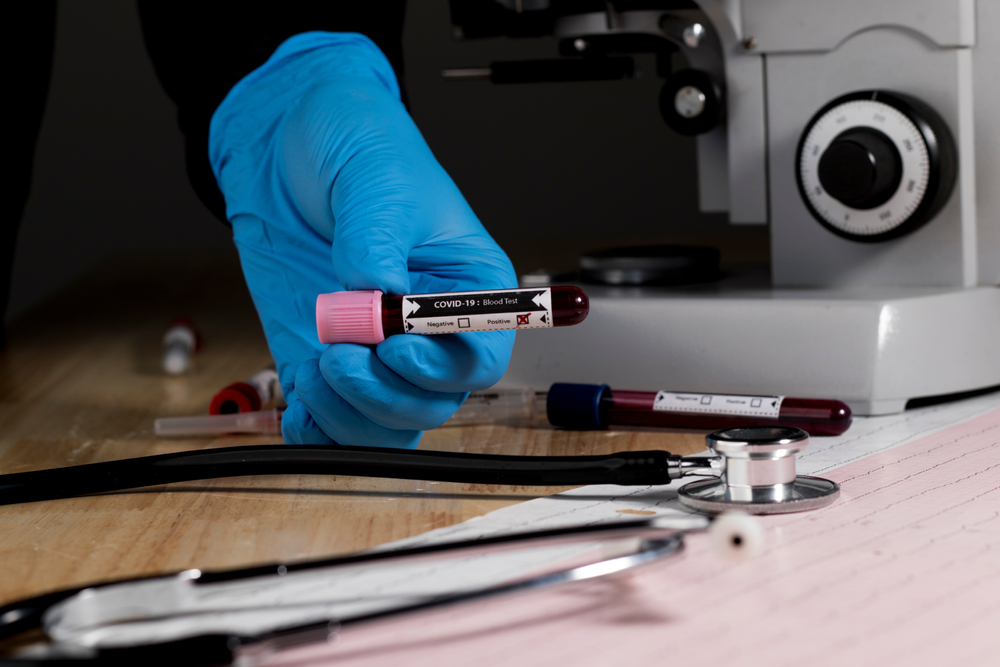
A new policy issued by the U.S. Food and Drug Administration (FDA) this week means to expedite U.S. diagnostic capabilities related to the novel coronavirus, COVID-19, by allowing specific labs to immediately utilize related tests they have developed and validated.
This builds on an Emergency Use Authorization (EUA) issued last month, which allowed diagnostics for the virus to be engaged without waiting for full FDA approval, since there are no approved drugs, diagnostics or treatments for COVID-19 currently on the market. This new policy allows even broader use for these labs, letting them put their creations to work before the FDA has even completed its review of their EUA requests.
“We believe this policy strikes the right balance during this public health emergency,” FDA Commissioner Stephen Hahn said. “We will continue to help to ensure sound science prior to clinical testing and follow-up with the critical, independent review from the FDA, while quickly expanding testing capabilities in the U.S. We are not changing our standards for issuing Emergency Use Authorizations. This action today reflects our public health commitment to addressing critical public health needs and rapidly responding and adapting to this dynamic and evolving situation.”
While case numbers in the United States have been low since the novel coronavirus outbreak first began, in recent weeks, it has appeared the virus is gaining an increasing foothold. A test conducted by New York’s Wadsworth Lab led Gov. Andrew Cuomo to announce that state’s first case this week.
“This evening, we learned of the first positive case of novel coronavirus — or COVID-19 — in New York State,” Cuomo said. “The patient, a woman in her late thirties, contracted the virus while traveling abroad in Iran and is currently isolated in her home. The patient has respiratory symptoms, but is not in serious condition and has been in a controlled situation since arriving to New York.”
Though the governor there urged calm and a reminder that general risk remains low, in Washington, a second U.S. citizen died from the disease, and more potential cases were being tested. The virus that causes COVID-19 — SARS-CoV2 — has rooted itself in nearly 60 countries worldwide and more than 87,000 cases.
The need for more rapid testing is clear in the FDA’s view. Added pressure was put on the situation last week when the Centers for Disease Control and Prevention (CDC) was forced to scrap their widely distributed test kit for the disease after a problem in the manufacturing of one of its reagents made users unable to verify test performances. While the incident did not impact the CDC’s testing capabilities, it diminished rapid testing capabilities at other sites throughout the country.
“We applaud the FDA’s approach to speed the path toward emergency use authorization for COVID-19 diagnostics,” Dr. Rick Bright, director of the Biomedical Advanced Research and Development Authority (BARDA), said. “This step may reduce development costs, speed the process for availability at more testing sites, incentivize private development, and, ultimately, help save lives.”
The new guidance has been put into immediate effect. It will only apply to labs certified to perform high-complexity testing consistent with the requirements of the Clinical Laboratory Improvement Amendments. After test validation, labs are encouraged to notify the FDA and submit a completed EUA request within 15 business days of that notification.
“Under this policy, we expect certain laboratories who develop validated tests for coronavirus would begin using them right away prior to FDA review,” Dr. Jeff Shuren, director of the FDA’s Center for Devices and Radiological Health, said. “We believe this action will support laboratories across the country working on this urgent public health situation. We are dedicating all available resources to expediting the review of medical products, including diagnostics, to prevent the spread of this outbreak.”




